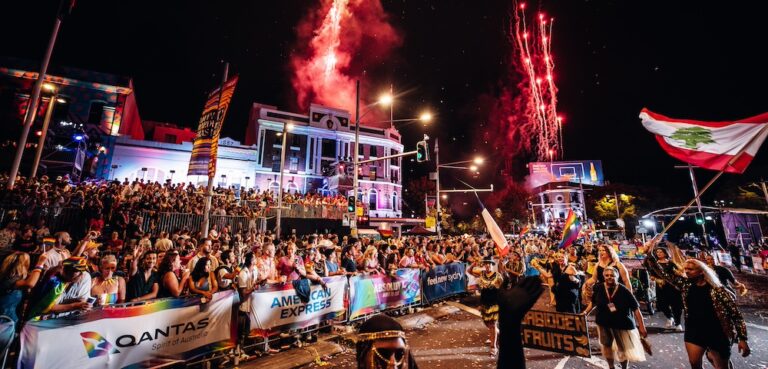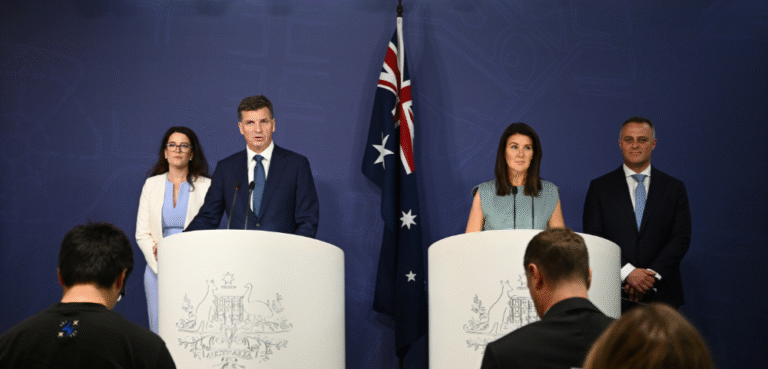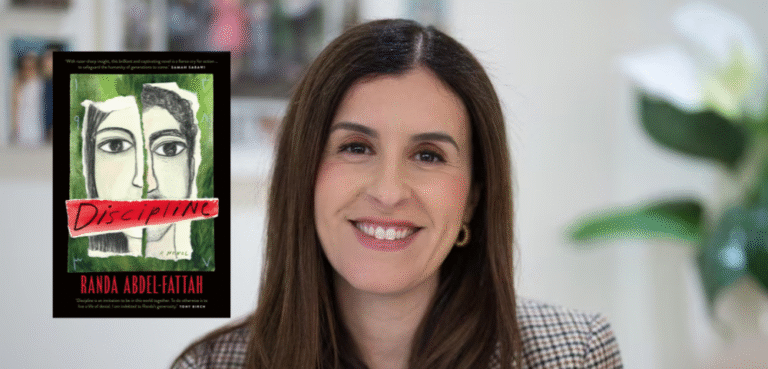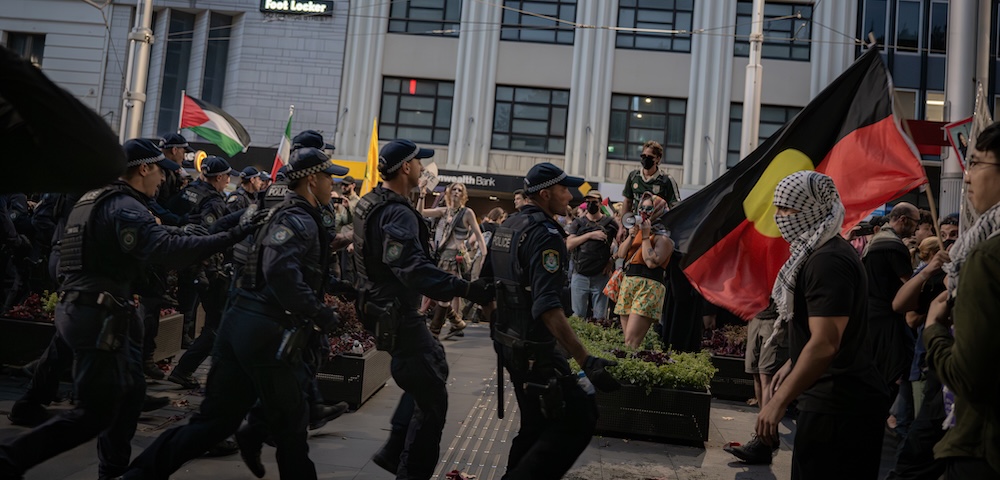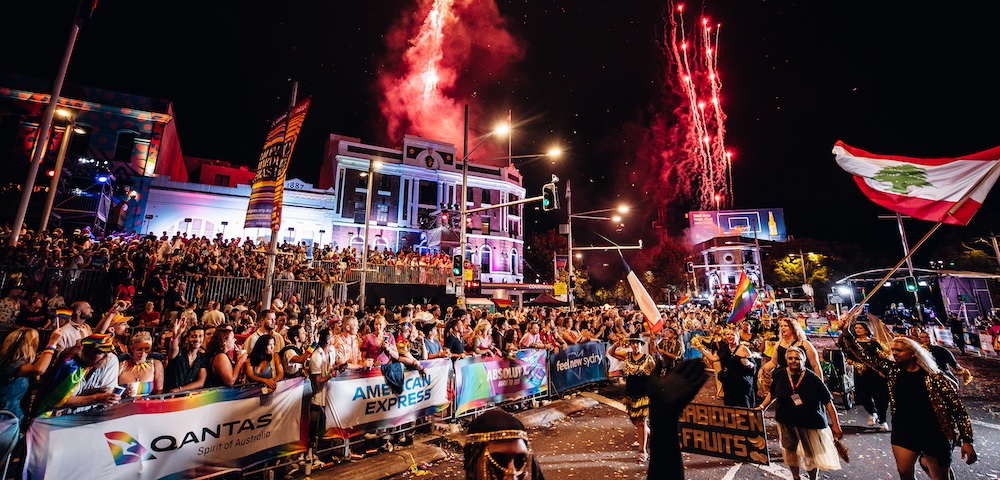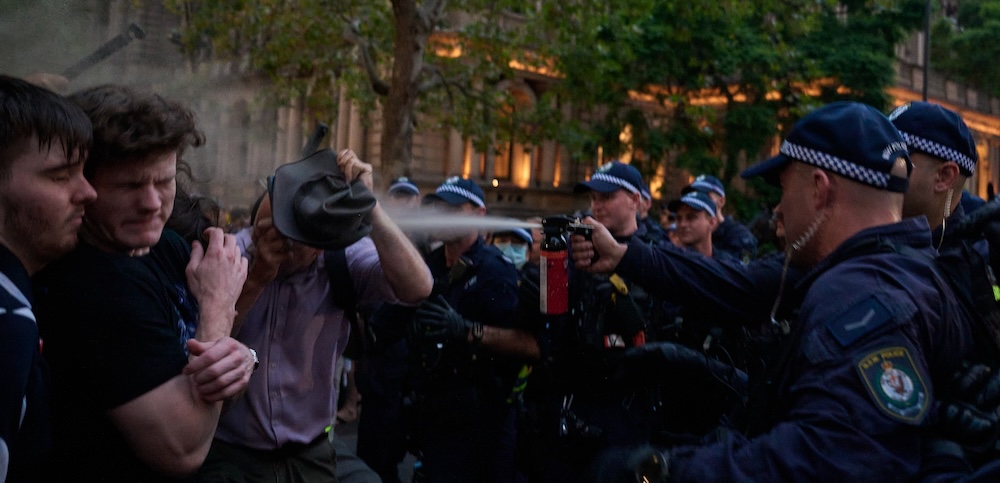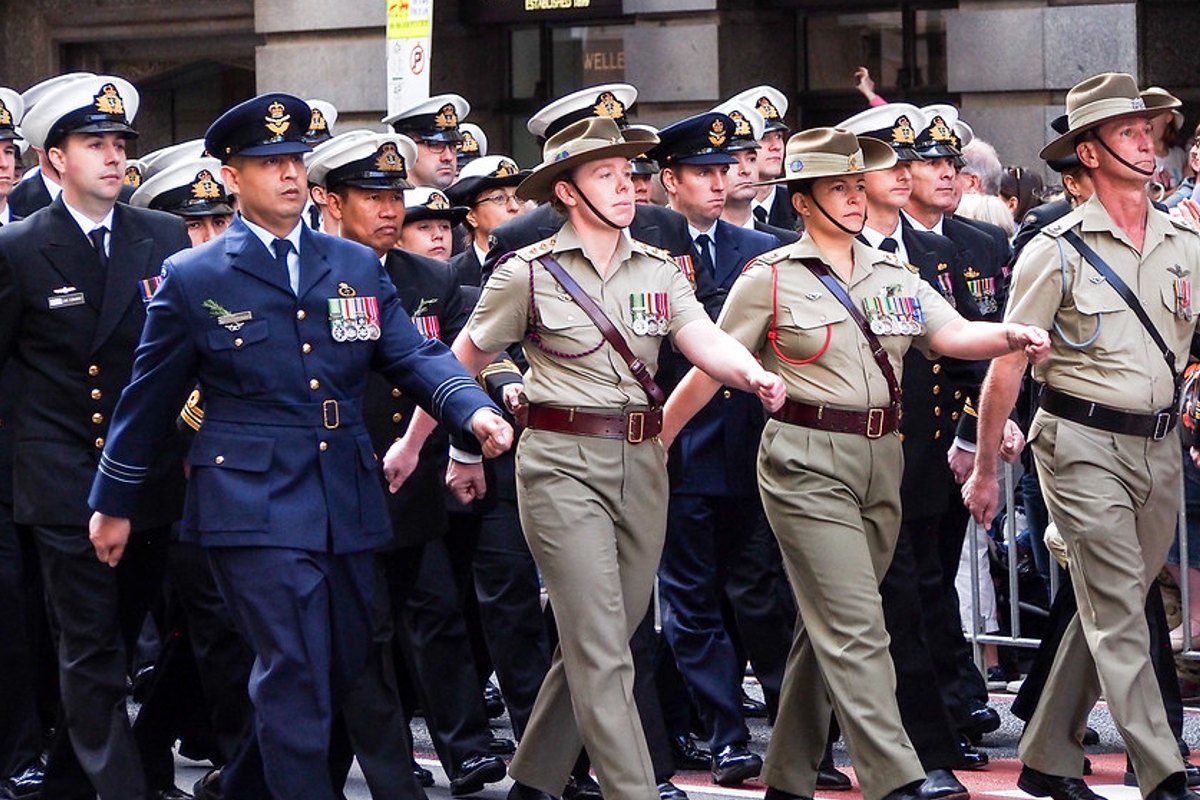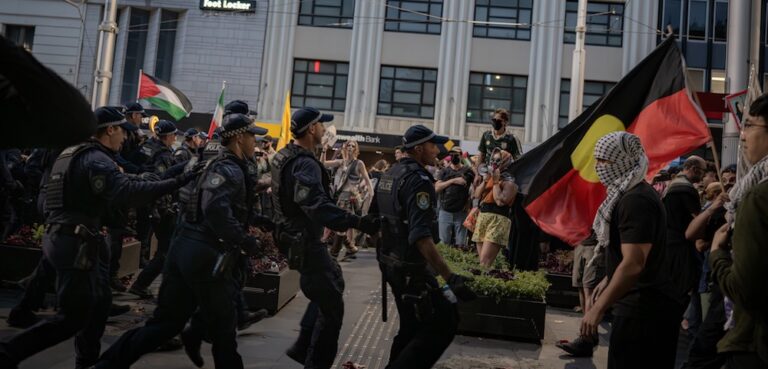
Controversial New Hate Speech Laws Passed In NSW

On Thursday night, the New South Wales government passed controversial new laws to crack down on hate speech and protest, as part of its attempt to address rising levels of antisemitism.
As a result of the reforms, it is now illegal to display a Nazi symbol on or near a synagogue, protest near a place of worship, make racist remarks in a public space, or hinder someone from entering or leaving a place of worship.
Police also have increased authority to issue move on orders “in or near” places of worship, irregardless of what a protest is targeting. This means members of a faith protesting their own organisation could be criminalised.
However, protests that have submitted a Form 1 application and have approval from police will be exempt.
Community response
Reactions across the board have been mixed, with one Labor senator allegedly labelling the laws “draconian”, a term Premier Chris Minns has described as “hyperbole”.
‘The Minns Government’s new criminal offence for inciting hatred is itself divisive because it excludes more groups than it actually protects,” said Director of Policy and Advocacy at the Justice and Equity Centre, Alastair Lawrie.
“If inciting hatred is to be criminalised, there is no justification for this offence to be so selectively applied, leaving many people who experience public acts of hatred without equivalent protections.
“If the Government doesn’t address these gaps, they are sending a message that some types of incitement to hatred and violence are more serious than others.”
In a media statement, the NSW Bar Association said that while they acknowledge the new introduced offences are intended to address antisemitism, they do not support the terms in which the offence is framed.
“The Association shares the concerns expressed by the NSW Law Reform Commission in its recent review of serious racial and religious vilification, that terms such as ‘hatred’ introduce “imprecision and subjectivity into the criminal law,” said President of the NSW Bar Association, Dr Ruth Higgins.
“The criminal law demands clarity and consistency to ensure it can be understood by the community and predictably enforced.”
The findings from a review into section 93Z of the Crimes Act handed to the government last year ruled against the laws, and warned that provisions like those suggested by the Minns Government are imprecise and subjective.
The review also emphasised that the reforms go against the advice of the UN Committee on the Elimination of Racial Discrimination which specifies that restrictions on freedom of speech should not be ‘broad or vague’.
The laws are also facing criticism from human and civil rights groups, who say the laws risk the over-criminalisation of vulnerable minorities, including Aboriginal and Torres Strait Islander peoples, people with disability and young people.
